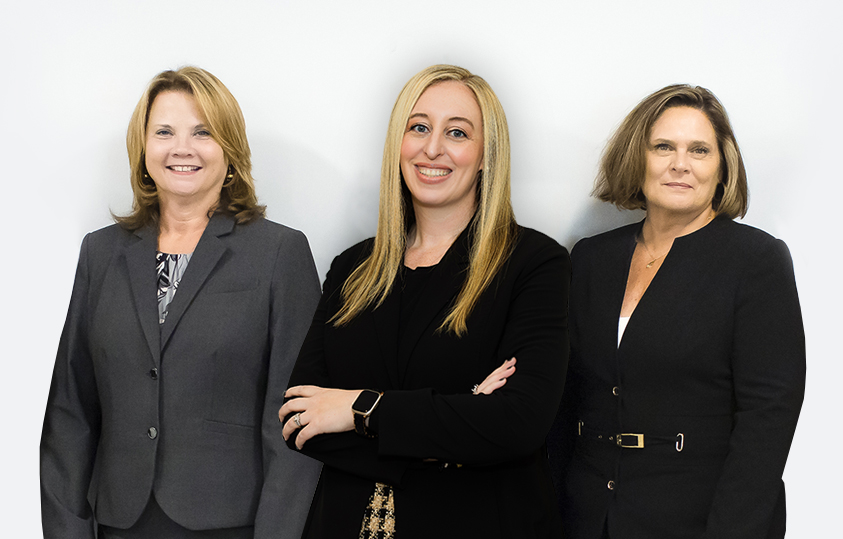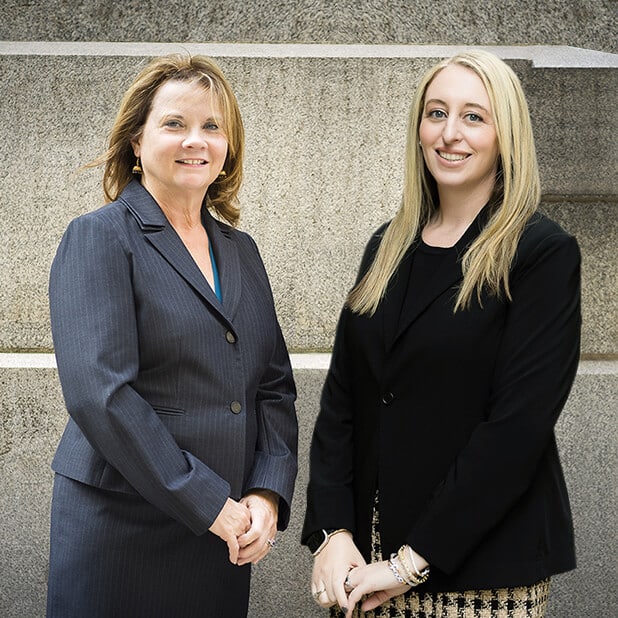Home / Family Law Services / Illinois Family Law Overview

When you need trusted family law counsel and compassionate representation, you can turn to the Law Offices of Anderson Boback & Marshall. Our Chicago divorce and family law attorneys bring decades of experience fighting for every client. Included in SuperLawyers and ranked among the top 5% of attorneys. We offer exceptional representation to help you move your life forward.
- Recent Post
- Popular Post
- Don’t Agree with a Family Court Order in Illinois? Here’s What You Can Do
- Protecting Your Inheritance in Divorce: Strategies to Keep Your Assets Safe in Illinois
- How to Get Your Child’s Voice Heard in Illinois Court
- Can I Fight for Child Custody from Another State in Illinois?
- Is Electronic Snooping Legal During Divorce in Illinois?
Illinois Family Law Overview
Family consists of the most important people in our lives as well as some of the most complicated relationships. Illinois family law covers a broad range of topics and is governed by city, state, and federal laws which all impact families in a number of ways. Problems in a marriage or with other family relationships can have a substantial impact on the current and future well-being of all family members.
Family law concerns the well-being, obligations, and rights of all family members including children, spouses, and domestic partners. Illinois family law has a broad reach covering issues such as same-sex marriage and divorce, as well as criminal matters like child abuse and domestic violence.
Anderson Boback & Marshall are Illinois family law attorneys with more than 25 years of experience helping people with all family law matters. We understand the emotions involved with sensitive issues and provide assurances and guidance to make the best decisions for the well-being of you and your family.
Family Law Overview
Family law encompasses a wide range of circumstances which include, but certainly are not limited to the following areas:
- Prenuptial and Post Nuptial Agreements
Before couples marry and combine households, they desire to make agreements that provide how the property will be divided should their marriage end in divorce. They can decide whether maintenance will be paid, and if each person will pay their own attorney’s fees. After marriage, some couples find a reason to enter into agreements that address property, debts, and assets. To ensure your agreement is legally effective, speak with a family lawyer about your options and the best way to structure any agreements. - Legal Separation
Legal separation is not the same as divorce, but instead is a change in marital status that comes with rights and obligations of each party. This may be the desired option for those couples not ready to make a permanent decision regarding ending their marriage, or cannot divorce due to religious reasons. While legal separation is not divorce, it allows the court to address issues of spousal support and child-related decisions like custody and allocation of parenting time. Learning more about the difference between legal separation and divorce will help you make a decision as to what choice is best for you. - Divorce in Illinois
Some divorces require an attorney who concentrates in that area. For instance, military members getting a divorce still get a divorce will any other person, but there are special rules that apply to military personnel. The same thing goes for people who own businesses or have a lot of assets. They are still granted the same divorce as anyone else, but you’d want to be sure that the attorney handling your case is familiar with a business division or estates with a large amount of assets. We are experienced in all types of Chicago divorce cases and understand how to protect your wealth, and advocate for your best interests under specialized military divorce laws. When a same-sex couple divorces in Illinois they have the same rights and obligations as any other divorcing couple, but with each type of case, it is important that you employ a divorce attorney who is familiar with your unique circumstances. - Divorce and Property Division
Mediation, Collaboration, and Litigation. We are skilled in all techniques used for a dissolution of marriage and resolution of property division. - Spousal Support and Spousal Support Modifications
Commonly referred to as alimony, spousal maintenance and support is a court order issued at the time of separation or divorce where one spouse is ordered to provide financial support to the other. - Child Custody and Child Relocation
Formally known as child custody, Child Allocation Judgments are now issued in the State of Illinois that contains a detailed parenting plan summarizing which spouse is responsible for the various areas of parenting. Child Allocation laws in Illinois allow for one parent to be responsible for areas such as choosing the schools and providing decisions on education whereas another parent can be responsible for medical decisions and treatment. - Child Support and Child Support Modification
Child support in Illinois is calculated based on state-mandated guidelines that take into account the income of both parents, the parenting time of each parent and with whom the child primarily resides. There are many other factors to consider when establishing child support or seeking a modification of an existing child support order. We can help you through the entire child support process, helping to obtain a speedy solution. - Domestic Partnerships
With same-sex marriage being legal in the State of Illinois and recognized at the federal level, there are more options available to couples of the same sex. Anderson Boback & Marshall are well-versed in all areas of same sex divorce and can provide answers to your questions regarding any family law matter between you and your partner. - Paternity and Father’s Rights
Illinois family law addresses the rights of unwed fathers and their children. Situations arise where it becomes necessary to seek legal help to prove the paternity of a child. Or perhaps a father is concerned about his relationship with his children and would like to seek custody. When a father needs to be sure his rights are fully protected, seek legal advice from one of our experienced father’s rights attorneys. - Grandparent’s Rights
Following a difficult divorce or the death of a child’s parent, grandparents may find themselves with little access to their grandchildren. Grandparents have some legal recourse if they’re not allowed to see their grandchildren. In order to know your rights, be sure to seek guidance from a family law attorney experienced with the special issues surrounding your rights as a grandparent. - Adoption
Taking on parental responsibility for a child not born to you is a wonderful way to grow your family. Anderson Boback & Marshall are experienced in all types of adoptions and the laws that apply to different situations. Let us help you through the complexities of adoption so you can focus on the joy of parenthood. - Domestic Violence and Orders of Protection
Domestic violence is a serious criminal offense, which can result in civil or criminal orders of protection. They can have serious consequences to the offender. If you are in an abusive situation, which can come in many forms, be sure to contact us to learn more about your options which include an Order of Protection. - Pet Custody
Beginning in 2018, pet custody laws permit the court to recognize the unique circumstances involved with pets and divorcing couples. While not specifically referred to as custody, the court can decide who should have ownership or be the primary caregiver for your pet. - Post-Decree Modifications
if some time has passed since the court issued your child support or spousal support order, you may find circumstances have changed warranting modification. If you think a modification of spousal maintenance or any other aspect of your decree is right for you, we can help you prepare to file a petition for a modification and explain all your options.
This is a quick family law overview with a partial list of some of the most common areas where our Chicago family law attorneys can advise and represent you. At Anderson Boback & Marshall, our legal team assists clients with these issues and the many other family matters that arise where legal representation is required. We are dedicated to advocating for you and helping solve your problem in the quickest and most cost-effective method available.
Consult Our Chicago Attorneys for All Divorce and Family Law Matters
At Anderson Boback & Marshall, our Chicago attorneys offer legal solutions to a broad range of family law and divorce matters requiring skilled legal advice. We help answer your questions, explain your options, prepare a winning strategy for your case and take the actions necessary for a successful outcome. We believe in empowering our clients with the knowledge they need to make the best decisions for themselves and the well-being of their family.


Anderson Boback & Marshall provide answers to all your questions with quick response time through open communication. Our team consists of experienced attorneys with a passion for helping you through skillful negotiation or fierce litigation when required. Contact us to speak with top Chicago attorney experienced in Illinois family law.














